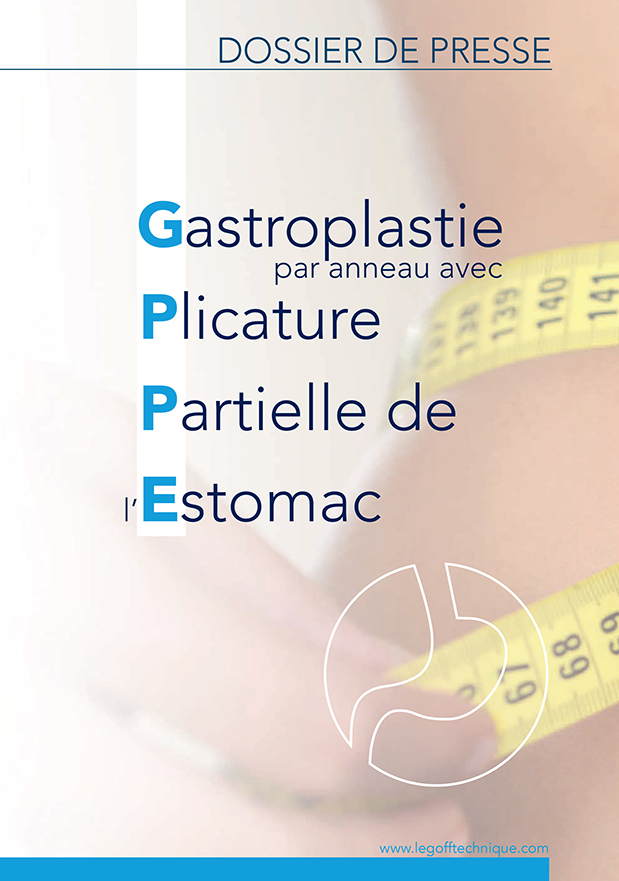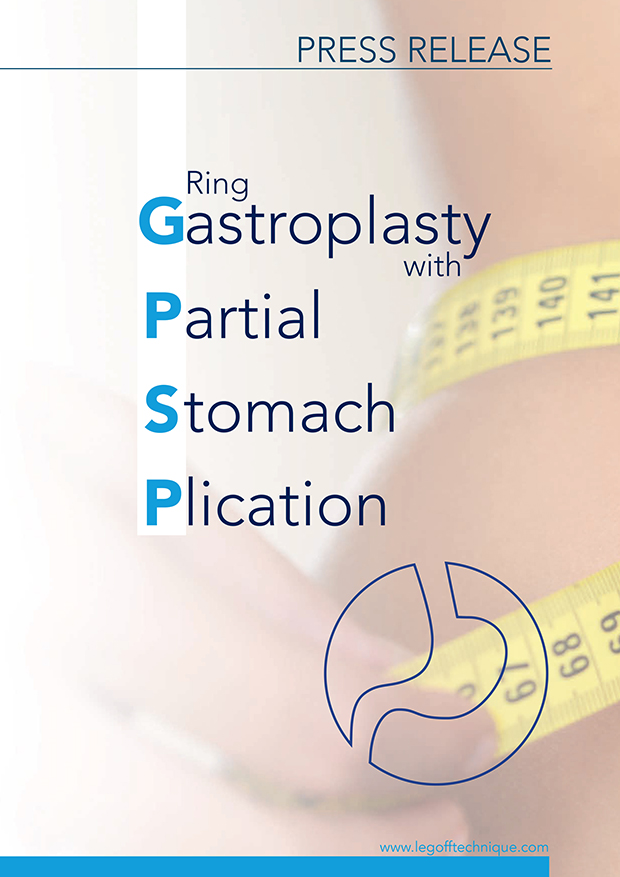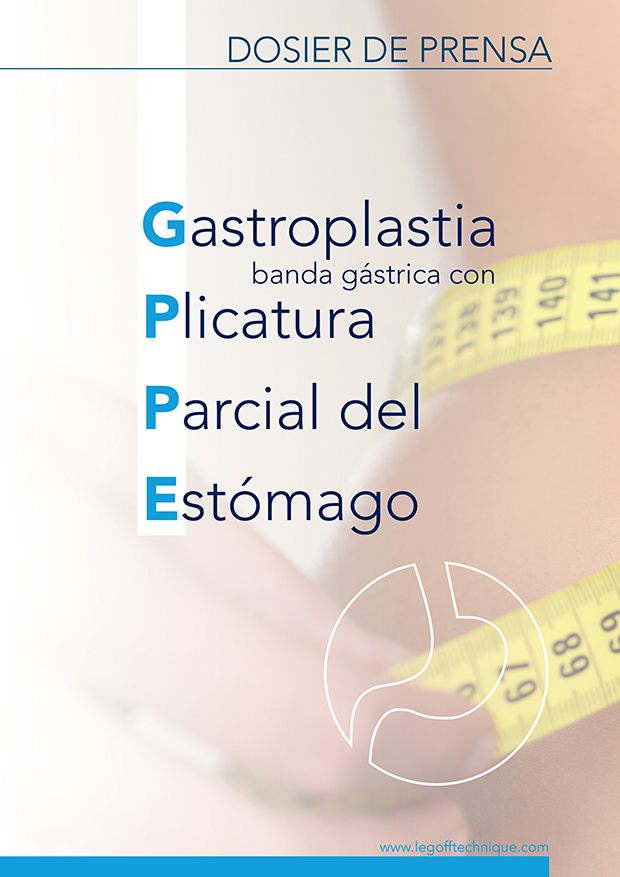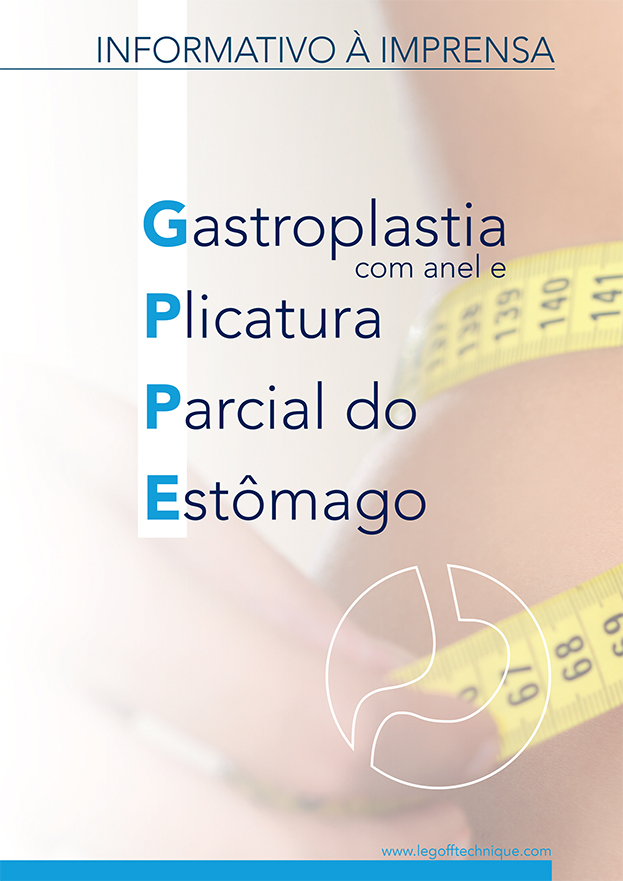Metabolic surgery, one of the revolutionary treatments for diabetes?
Dr. Le Goff - Obesity surgeon in Paris
Le goff technique
Metabolic surgery, one of the revolutionary treatments for diabetes?
Bariatric surgery has become “metabolic”, due to its impact on illnesses such as diabetes and not just on excess weight, observed in studies but also in real life. This is constantly seen in my patients with excess weight and type 2 diabetes, operated without exception using the Le Goff Technique. Following the surgery, the diabetes improves, with light oral and/or injectable anti-diabetes treatment, or even with no treatment at all.
One of the side effects of the weight loss is the improved sugar content in the blood (glycaemia) and its reflection in the last three months (glycated haemoglobin) or even remission of type 2 diabetes, obtained using bariatric surgery, was not until now sufficient in the short, medium and long term to envisage treating diabetes better.

The scientific literature has recently been reinforced and in 2016, there was a change in the paradigm. The fifteen-year results of the emblematic SOS (Swedish Obesity Study) were presented at the last European congress (EASD 2016) and are conclusive: bariatric surgery protects against diabetes: it is half as prevalent in the surgery group, fifteen years later. Moreover, the diabetes remission after surgery is lasting: 30% of patients were in remission of their diabetes. This goes hand in hand with the 80% reduction in micro and macro-vascular complications, i.e. with the eyes, the kidneys, the nerves and the cardiovascular system.
Slowing the progression of diabetes-related complications
All techniques combined, it seems that the improvement in diabetes is close to 80%. A compilation of studies in 2015 showed a type-2 diabetes remission rate in the medium and short term of around 70%, whether the body mass index (BMI) was greater or less than 35 kg/m². This changes over time but remains interesting. This raises a question, unthinkable ten years ago: should obesity surgery be performed on overweight (BMI < 35 kg/m²) diabetic patients, instead of just being reserved for severe or morbid obesity (BMI > 35 kg/m²) with comorbidities such as diabetes, as is the case in France?
The question is relevant, as while “remission” is not a cure, the goal is to improve the diabetes and slow the progression of its complications. The debate on the most effective technique is topical – gastric bypass or sleeve surgery? However, it would be essential and interesting to evaluate the Le Goff Technique (gastric banding with partial plicature of the stomach), in an independent, double-blind test. In my own experience of the Le Goff Technique, the results on improving or curing type 2 diabetes and preventing its complications, are equivalent to the gastric bypass.
Metabolic surgery
Forty-three international scientific companies, including European, American and French, have already decided. In 2016 *, they pleaded for metabolic surgery to be included in the treatment protocol for type 2 diabetes, in the event of severe imbalance (above 8% Hba1c), despite traditional treatments. And from a BMI of 30 kg/m²!
Because metabolic surgery can treat diabetes, regardless of the BMI, I concur with this approach. I also believe that this operation should be reimbursed. The BMI may correspond even to light obesity, between 30 and 34.9 kg/m², values where most of the incidence of type 2 diabetes occurs.
The advantage for the overweight diabetic patient is obvious but for society also, generating considerable savings for the social welfare system, by improving or curing type 2 diabetes and preventing the very serious and costly complications it causes: diabetes is heavily represented in health spending (10 billion Euros per year in 2014). Furthermore, the growing number of diabetics (+2.9 % per year), combined with the spread of innovative but costly treatments, could raise the antidiabetic refund bill to 562 million Euros between 2015 and 2020.
* Diabetes Care 2016;39:861–877



